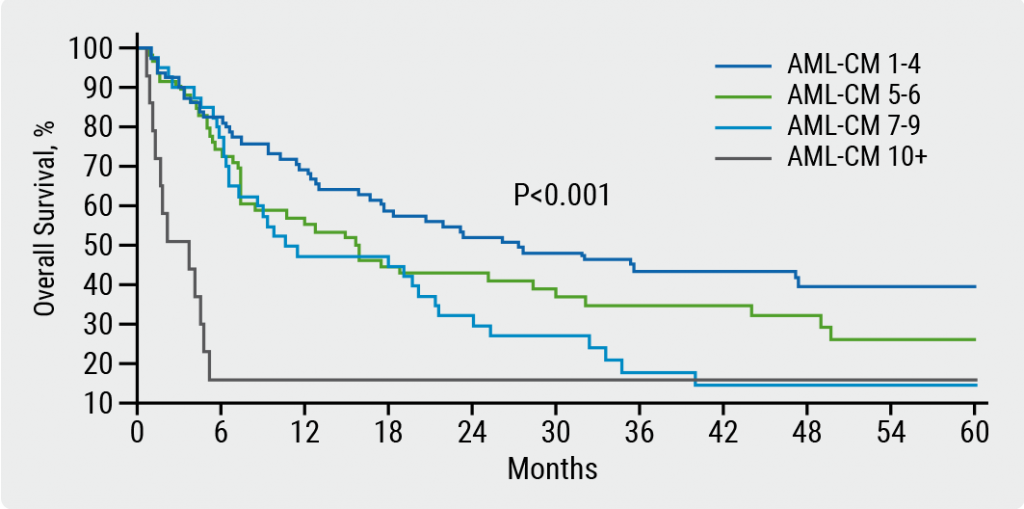CHESS Paediatrics is a retrospective study assessing the burden of illness in children with moderate and severe haemophilia A with or without FVIII inhibitors. The study includes data from sites in France, Germany, Italy, Spain, and the United Kingdom [2]. The current analysis, presented by Dr Kate Khair (Great Ormond Street Hospital for Children, UK), evaluated 196 children with haemophilia A (25.5% with moderate and 74.5% with severe disease). As expected, the majority of these children were receiving prophylaxis (72.4%) and did not have FVIII inhibitors (89.8%) [1].
There was a direct impact of disease burden on children with haemophilia A, particularly regarding physical and social activities. Both children and caregivers indicated a reduced physical activity due to haemophilia A in 48.0% of children with moderate and 57.5% of children with severe haemophilia A. Reduced social activity was indicated by 46.0% and 57.5%, respectively. A total of 36.0% and 61.0% of children with moderate and severe haemophilia A, respectively, had adapted their treatment in anticipation of physical or social activity. Furthermore, 34.0% of children with moderate haemophilia A and 55.4% of children with severe haemophilia A were frustrated due to their disease, and a comparable percentage felt that they had missed opportunities.
Caregivers also reported spending a substantial amount of time caring for the haemophilia-related needs of their child. They provided a median of 19.0 and 12.0 hours a week of care for the haemophilia-related needs of their children with moderate or severe haemophilia A, respectively.
- Khair K, et al. Effect of Moderate and Severe Hemophilia a on Daily Life in Children and Their Caregivers: A CHESS Paediatrics Study Analysis. 62nd ASH Annual Meeting, 5-8 December 2020. Abstract 147.
- Dasmahapatra P, et al. Treatment patterns, determinants and outcomes of hemophilia: Results from a multinational survey. P249, 12th Annual Congress of EAHAD 6-8 February 2019.
Posted on
Previous Article
« Promising CRISPR gene editing results in β-thalassaemia and sickle cell disease Next Article
First results from gene therapy trial in haemophilia B »
« Promising CRISPR gene editing results in β-thalassaemia and sickle cell disease Next Article
First results from gene therapy trial in haemophilia B »
Table of Contents: ASH 2020
Featured articles
COVID-19
More complicated course of COVID-19 in leukaemia patients
Older age and imatinib treatment associated with COVID-19 mortality in CML
Allogeneic SARS-CoV-2-specific T cells to treat COVID-19
More severe COVID-19 outcomes for patients with haematologic malignancies
Acute Lymphoblastic Leukaemia
Improved outcomes, but still substantial part experiences relapses
Strong correlation between peripheral blood and bone marrow NGS MRD
Encouraging outcomes after autoHCT in patients with ALL
Acute Myeloid Leukaemia
Prognostic validity of AML composite model in predicting mortality
Venetoclax plus hypomethylating agents in favourable-risk AML
Encouraging clinical activity of decitabine plus ipilimumab in R/R or secondary MDS/AML
AML patients with specific mutations are unlikely to achieve MRD
Comparable outcomes with gilteritinib or quizartinib in R/R AML
First-in-class macrophage immune checkpoint inhibitor in AML
Bispecific DART® as salvage therapy for primary induction failure and early relapse
Gilteritinib in R/R AML patients priorly treated with midostaurin or sorafenib
Addition of venetoclax provides an effective, lower-intensity regimen
Chronic Leukaemia
Bosutinib effective and well tolerated in newly diagnosed CP-CML
Efficacy and safety of ponatinib in patients with CP-CML who failed second-generation TKIs
First-in-class STAMP inhibitor versus bosutinib in resistant or intolerant CML
PFS and ORR benefits of first-line ibrutinib-based treatment in CLL
Multiple Myeloma
Validation of MY-RADS response assessment category criteria
High symptom burden in transplant-ineligible patients with newly diagnosed MM
Added value of ixazomib to lenalidomide plus dexamethasone in transplant-ineligible newly diagnosed MM
Survival of transplant-eligible newly diagnosed MM in FORTE trial
Better survival with upfront autoSCT versus bortezomib-based intensification
Subcutaneous daratumumab plus pomalidomide and dexamethasone in R/R MM
Melflufen well tolerated with encouraging activity in heavily pretreated R/R MM
Initial data of FcRH5/CD3 T-cell-engaging bispecific antibody
Lymphoma
CD58 aberrations limit durable responses to CD19 CAR T-cell therapy
Anti-CD19 CAR T-cell therapy in relapsed/refractory indolent NHL
Myeloproliferative Neoplasms
MPN disease burden, quality of life, and treatment patterns
Interventions in JAK/STAT signalling pathway
Novel, orally available inhibitor of BCL-XL/BCL-2
New insights into genetics of MPN
Immune Thrombocytopenia
Mycophenolate efficacious and tolerable, even in elderly patients
First-in-class antibody sutimlimab selectively inhibits classical complement pathway
BTK inhibition provides clinically active and durable platelet response
Haemophilia, Sickle Cell Disease, Thalassaemia
First results from gene therapy trial in haemophilia B
Impact of haemophilia on children and their caregivers
Promising CRISPR gene editing results in β-thalassaemia and sickle cell disease
Erythroid maturation agent in patients with β-thalassaemia requiring regular RBC transfusions
Related Articles
February 18, 2021
Comparable outcomes with gilteritinib or quizartinib in R/R AML

February 18, 2021
Prognostic validity of AML composite model in predicting mortality
February 18, 2021
Addition of venetoclax provides an effective, lower-intensity regimen
© 2024 Medicom Medical Publishers. All rights reserved. Terms and Conditions | Privacy Policy
HEAD OFFICE
Laarderhoogtweg 25
1101 EB Amsterdam
The Netherlands
T: +31 85 4012 560
E: publishers@medicom-publishers.com

